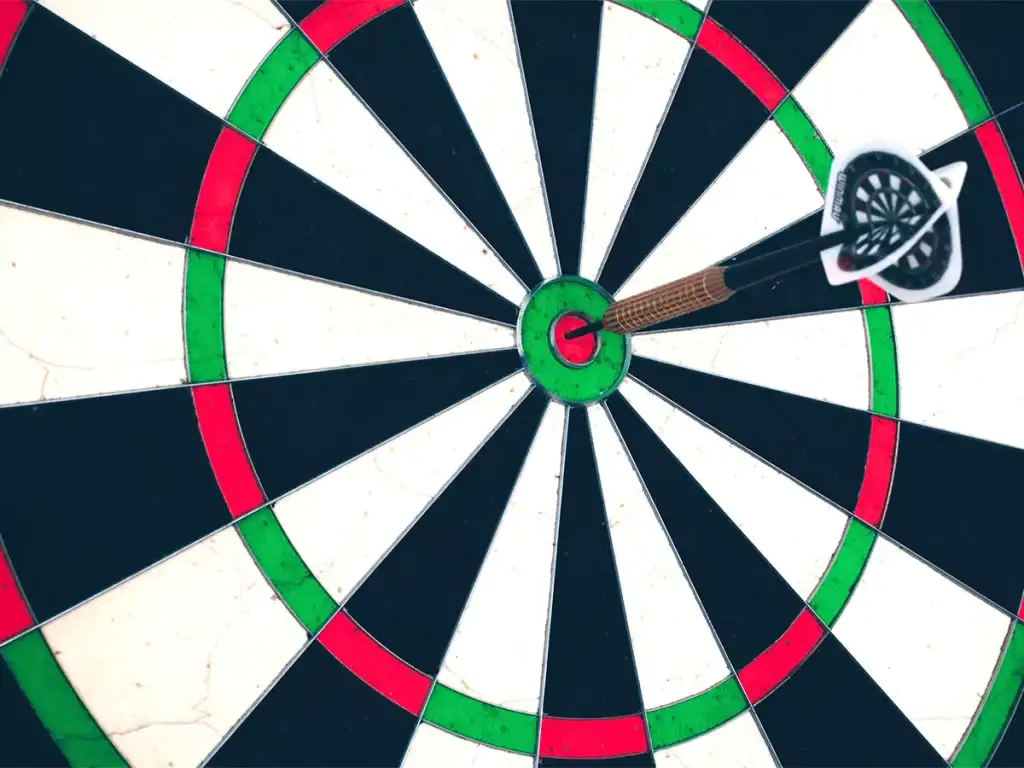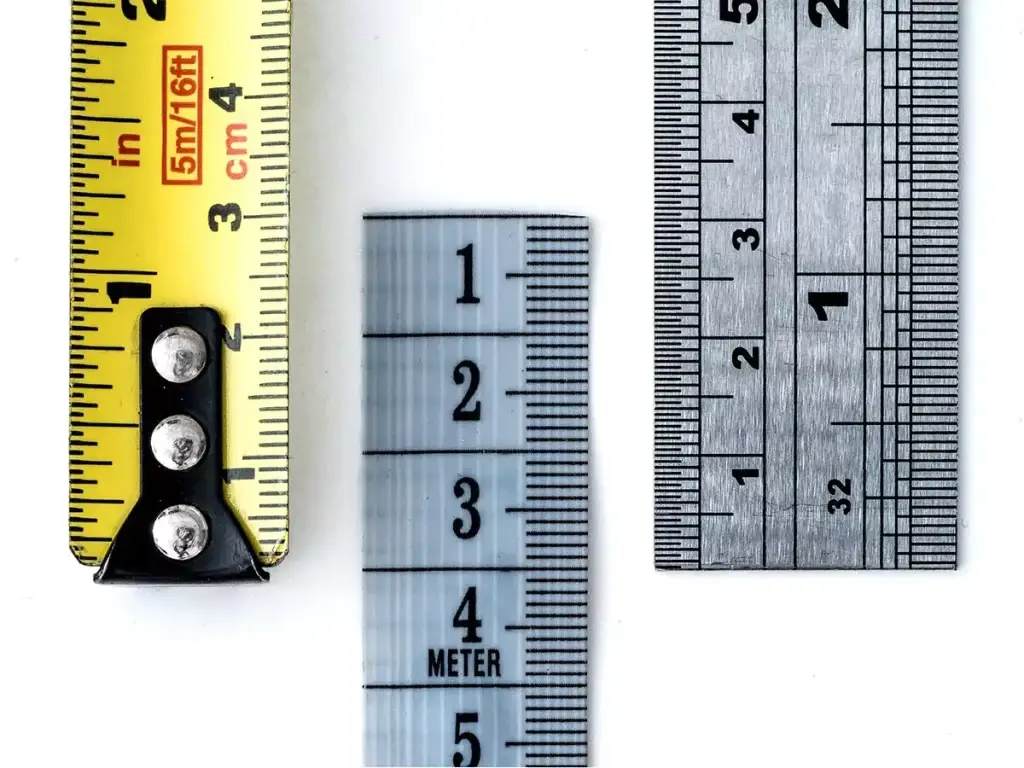
Whether you have a great handle on managing your diabetes or need help in certain areas, developing SMART goals is a great way to stay on track.
SMART is an acronym for specific, measurable, achievable, realistic, and timely. Making sure the goals you set to meet these criteria will lead to more tremendous success in your ability to manage your diabetes!
Here is how to make sure your goals are SMART.
Vague goals will be difficult to accomplish. Staying consistent with general goals that lack specificity may also be challenging.
It is crucial to have a specific objective in mind that will be easily identified when it is reached.
I will work out more – this goal leaves open-ended interpretations of what it means to be completed. More than what? What counts as working out?
I will go to the gym for 20 minutes, 3 times a week – Boom! The goal is still to “work out more,” but now we know exactly what that means.
The specificity of this goal makes it easier to know when we accomplish it and easier to stay consistent when we achieve it.

Having a specific goal can lead to better measurability. If you can’t measure your progress, you may lose motivation to keep going.
You may also not even know if your goal was achieved or not! Measuring your goal is vital to help keep you on track.
I want to be healthier – How do you measure your health? This goal has no way to track how close you are to meeting your goal or even know when it’s been accomplished.
I will lose 15 pounds in 3 months – This goal is specific and easily measurable. You know that to reach this goal, you will need to lose approximately 5 pounds per month.
So, if you have not reached that threshold after one month, you allow yourself the time to make adjustments during the last 2 months!

We all want to shoot for the sky and reach for the stars, but setting goals that are too big may increase your chance of failure.
You don’t want to give yourself a daunting task that might freeze your progress. Give yourself achievable goals that will allow you to move forward, even in smaller increments.
I want to eliminate my need for medication – while it is possible for people to eliminate the need for medication through proper management and healthy lifestyle changes, it may be a big step for some.
This situation is also different for every person. You may still require medication for diabetes despite your best efforts.
Instead of taking metformin 1000mg twice daily, I will decrease my dose to 1000mg once daily based on a decrease in my A1C and glucose levels. I will work on achieving this within 6 months – when it comes to your medication needs, it helps to be very specific. This goal is achievable for someone with room to decrease their A1c and glucose levels.

It is important to consider your circumstances when making a goal. Take into account your current schedule, responsibilities, and habits. Going to the gym for 2 hours every single day might help you lose weight, but is it realistic?
For some, it very well might be, but for the majority of people, it is too much of a commitment and may affect other responsibilities and priorities.
I will go to the gym 7 days a week for 2 hours every day – while this is an ambitious goal, it may not be realistic for everyone.
I will go to the gym for 1 hour 3 times a week – This goal is much more realistic and provides flexibility for an increased chance of achievement.

A timetable is needed to know when your goal is completed. Open-ended goals leave room for procrastination and putting off responsibilities.
Setting a deadline will create urgency and help you remain accountable for your goal.
I will eat healthy – this example is open-ended and leaves room for interpretation. If you eat one healthy meal, will that complete the goal?
I will eat a meal consisting of one lean protein, leafy vegetables, and quinoa for dinner Monday through Friday for 3 months – This goal has 3 elements about the timely aspect of a SMART goal.
It lets you know when in the day you will have your healthy meal (dinner), when in the week (Monday through Friday), and for how long you will be doing it (3 months)!

Lifestyle goals are commonplace for most people. Whether you want to exercise more or eat better, most people are walking around with goals in mind. People diagnosed with diabetes are faced with certain lifestyle choices they need to make.
Blood sugar, weight, diet, and other factors of life now become even more critical. Utilizing SMART goals gives you a better chance to succeed. This allows you to better plan your actions to achieve your goal and hold yourself accountable!





